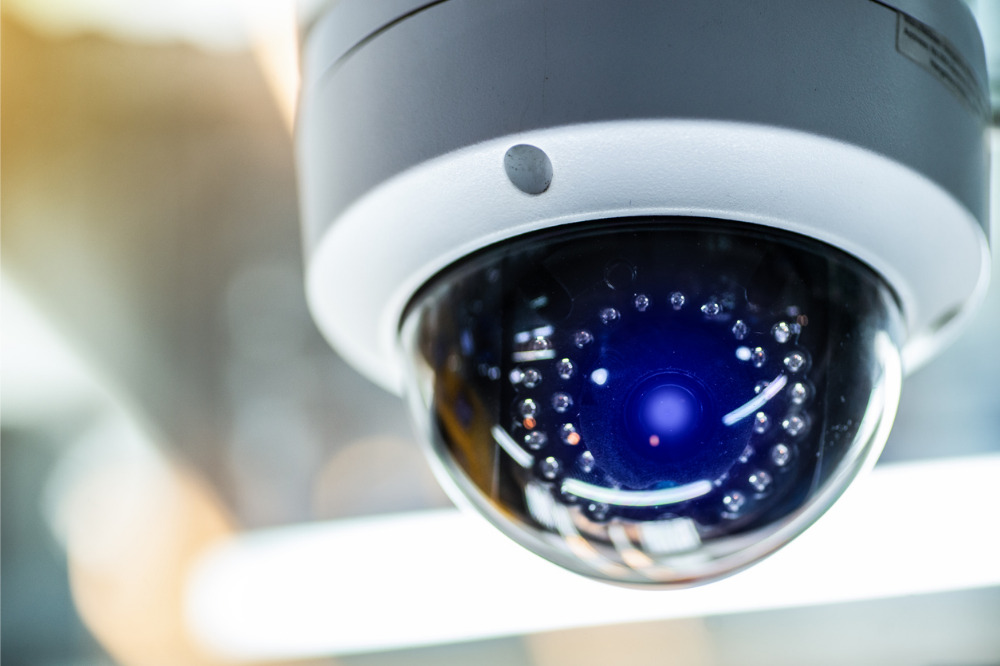
When CCTV are installed in schools, the reasoning always has student and staff safety at its core. However, a recent cyberattack suggest the risks may outweigh the benefits.
On Thursday last week, a group of hackers gained access to more than 150,000 CCTV cameras operated by a global company Verkada. The surveillance cameras breached included more than 100 early childhood centres, schools and universities throughout Australia.
In a statement to the ABC last week the culprits – a group called ‘APT-69420 Arson Cats’ – said they breached the company’s systems “to draw attention to the widespread use of surveillance cameras, and the ease by which outsiders can gain access to these systems”.
While this particular group acted with good intentions, the next massive hack of CCTV cameras by a clandestine group of hackers may well be done for more nefarious purposes.
For this reason, and a litany of others, the use of surveillance cameras on school grounds has long been a controversial topic. While some welcome the technology as a means of improving safety and accountability, others consider it too invasive, and potentially harmful.
“This is most alarming and concerning as it demonstrates the ease at which hackers can access such delicate footage,” Tina King, president of the Australian Principals Federation, told The Educator.
“Whilst security cameras in schools may be useful in deterring vandalism and risk of intruders, there are always privacy risks and possible breachers of security. As a parent and principal, I would be most alarmed and concerned at such breaches”.
Matthew Johnson the president and CEO of the Australian Special Education Principals Association, said most schools have some form of security cameras, but these are mainly used for protection of property.
“The idea of fixed cameras in classrooms is vexed, especially for students with disability with regard to consent and personal dignity,” Johnson told The Educator.
“Some teachers in specialist education would embrace CCTV oversight by management, seeing it as a form of protection against parental and student accusations and to validate when they have been injured at work in the classroom. Other teachers will see it as threatening their professional freedom and an attack on their right, and the children’s to privacy”.
Johnson said many classrooms already have teachers using technology that already shares live learning to parents and schools are enhancing this access more than ever post-Covid.
“Like most things, it’s not the technology itself but its intended use that needs careful and thoughtful consideration”.
'We should have nothing to hide'
Dr David Roy, a lecturer at the University of Newcastle, said the breach on security demonstrates both the need for clear protections around the use of CCTV but also brings to the forefront of why we need CCTV.
"It is a deterrent. It may not stop wrongdoing from happening - if someone is intent on doing so - but it does dissuade many from attempting as such and provides evidence of events," Dr Roy told The Educator.
"How many abuse cases would have not been prosecuted without CCTV? We are now having changes to the aged care sector because of CCTV evidence. We have safer roads due to CCTV. People still speed, but less so".
Dr Roy said CCTV technology in public facilities is needed to both protect the victims but also to protect anyone falsly accused of wrong doing.
"Classrooms are not and never should be private. Students and teachers need to be safe," he said.
"Many schools have CCTV in communal areas such as entrances and playgrounds. Some in education believe they work there, but suddenly their purpose fails to apply in classrooms! We should have nothing to hide".


